South Korea cinema had, by several accounts, a far better year than several other countries. It began the year well, with films like “The Man Standing Next” and “Beasts Clawing at Straws” releasing early on. But the onslaught of the Coronavirus pandemic in March forced cinemas to close down promptly and several important planned releases to be postponed. Yet, South Korea was also among the first countries to throw open the doors of its cinemas back to the public and the releases began coming in slowly but steadily. Where some large productions decided to postpone their releases to next year or even indefinitely, others still cut big-money deals with the likes of Netflix, giving audiences around the world early access to some big films. This approach also benefitted the country's indie cinema scene, which took advantage of the lack of tentpole releases in the theatres to promote and release independent films which would otherwise be relegated to small-screen cinemas or within the festival circuit.
Without further ado, here are the best Korean films of 2020, in reverse order. Some films may have premiered in 2019, but since they mostly circulated in 2020, we decided to include them.
*By clicking on the title, you can read the full review of the film
20. Fallen (Lee Jung-sub)

“Fallen” is definitely confusing and could, actually, be characterized as nonsensical. However, it is definitely original, visually impressive and one of the most interesting films of the year. (Panos Kotzathanasis)
19. Bring Me Home (Kim Seung-woo)
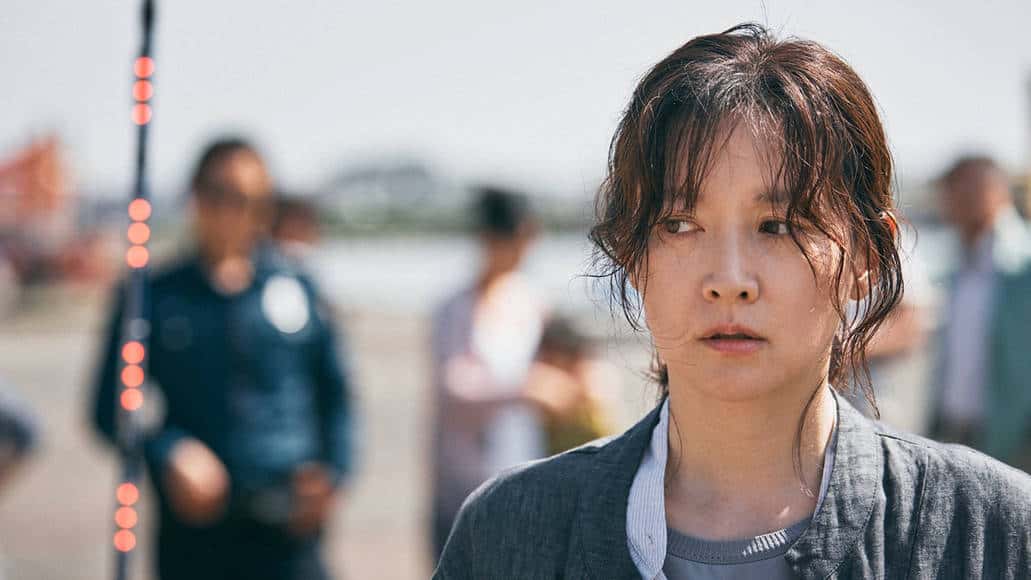
“Bring Me Home” is both a bleak and slow film with a strong message about human suffering, particularly in the sacrifices mothers make for their children. The pace picks up near the end during the showdown between Jung-yeon and the bad cop; it's quite suspenseful and thrilling to watch. However, it is also emotionally depressing and lacks humor; the tear-jerking experience is too predictable, making it less mesmerizing while it tries to pull your heart strings. It's not a feel-good drama, but the saving grace is the acting of Lee Young-ae while the character of the corrupted cop is a plus too. (David Chew)
Buy This Title
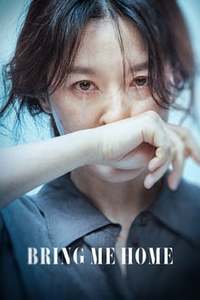
18. The Call (Lee Chung-hyun)
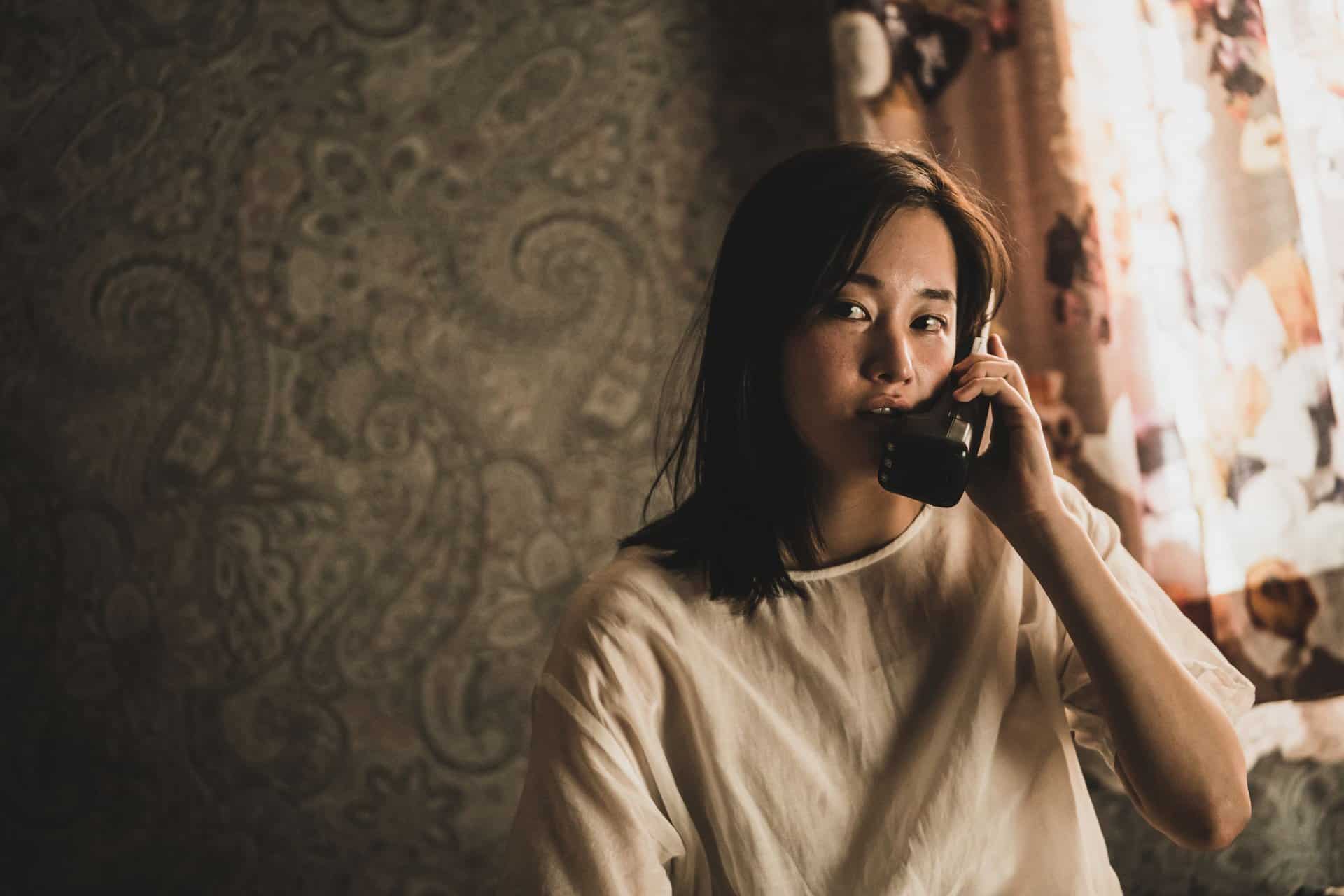
Overall, “The Call” manages to be wholly entertaining. One of the best attributes is the engaging start-up that offers a fantastic mystery to look into. The frantic quest to find the missing phone leads nicely from the mysterious calls inquiring about someone who doesn't live there, to the discovery of the boarded-up room inside the house. Getting to see how it happened with the incident in the past, with the burning room to the phone conversations here comes off in a novel manner as the girl realizes the hidden connection they have with each other. This factor starts the film in a rather impressive manner. (Don Anelli)
Subscribe to AMP newsletter by clicking on the image below

17. Not In This World (Park Jung-bum)
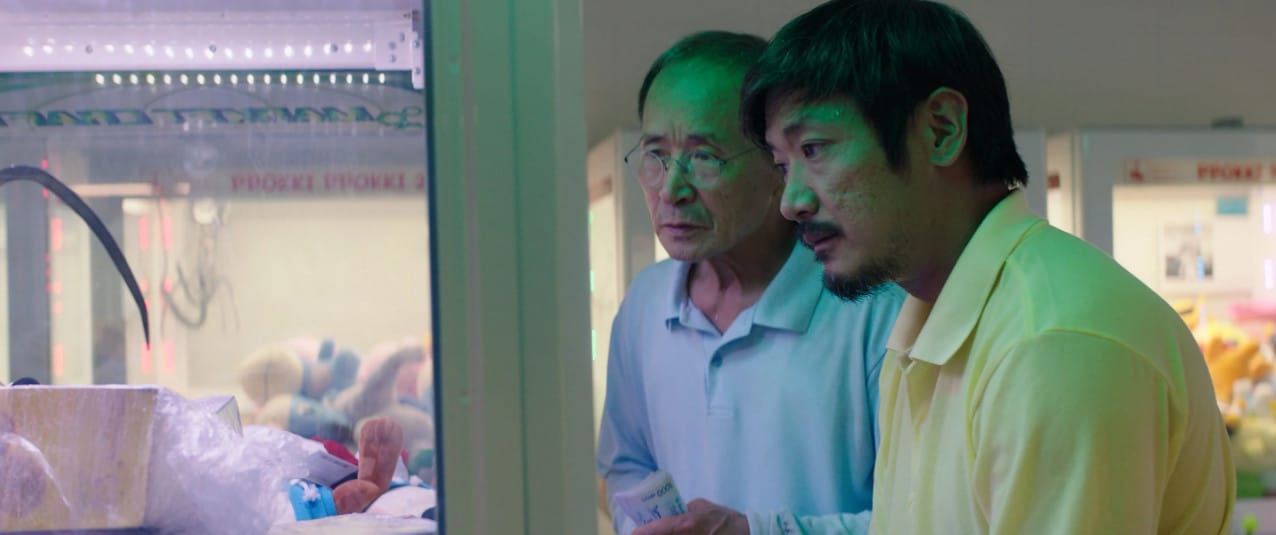
Through all these stories, the director seems to make a direct comment about the lack of parenting contemporary Korean youths have to face, and the consequences of this phenomenon. With the exception of Ji-soo's father, who barely treats her as his daughter, but more like his employee, the rest of the young protagonists' parents are nowhere to be found, with their absence being the main medium of Park's comment. Furthermore, the only decent person in the film seems to be Jeong-cheol, whose father is the only parent present, even if only in his imagination. (Panos Kotzathanasis)
16. #ALIVE (Cho Il-hyung)
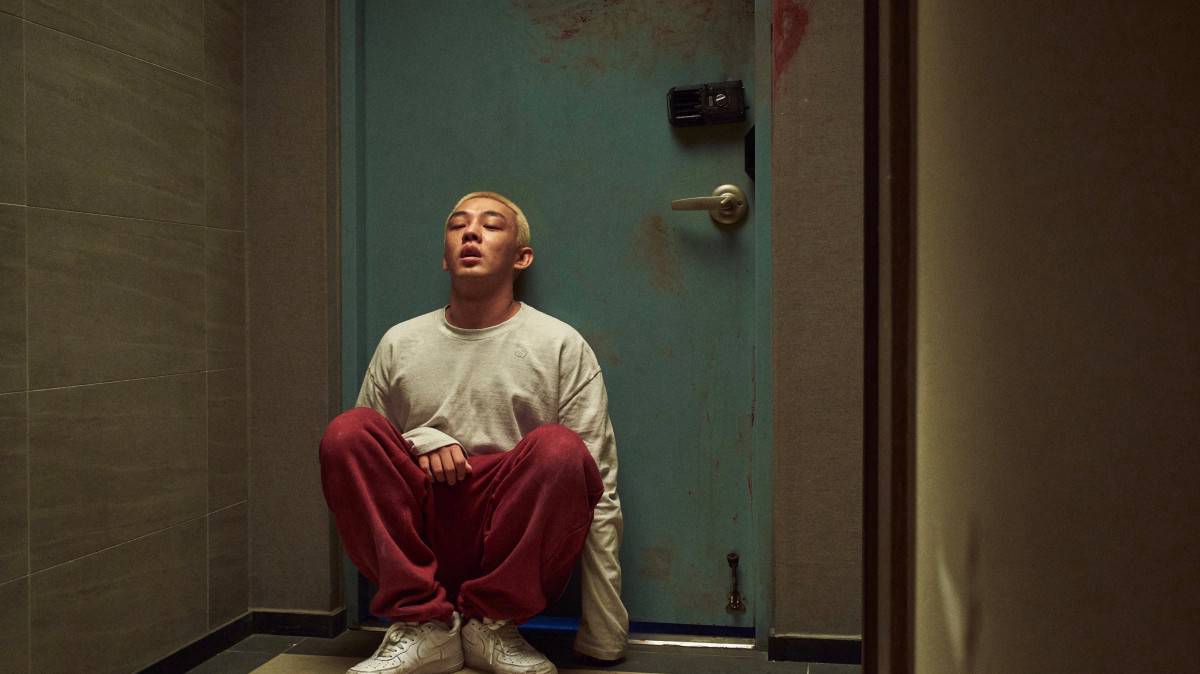
Crucially though, it is not the freneticism of the action scenes, nor the story itself which sees “#ALIVE” reach its apex, but more so the psychological element woven in throughout. Witnessing the drawn-out breakdown of Joon-woo into a seemingly inescapable depression, and subsequent suicide attempt, is far more gripping than the fast-paced, desperate evasions of infection. Furthermore, it allows for Cho to show a more grounded side to the plot, allowing it to ever-so-slightly escape tropes a feature of this ilk can often rely on. (Nathan Sartain)
15. Time to Hunt (Yoon Sung-hyun)
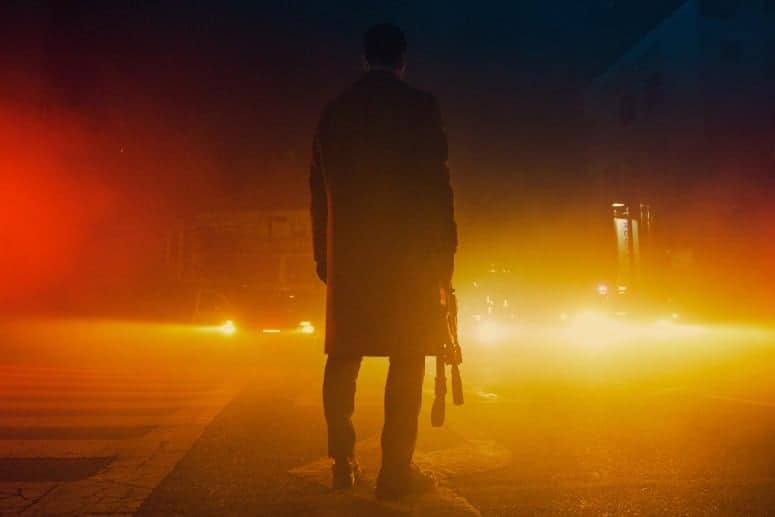
“Time to Hunt” is a film that lives to its title. In this adrenaline laden genre film with a wild body count, the tempo accelerates mercilessly in a never-ending hunt. Yoon Sung-hyun might be influenced by many directors, both from Asia and the US (most notably by James Cameron's “Terminator”, and according to his own words by Spielberg's “Jaws” in terms of building the suspense), but his third feature production that has had its world premiere at the Berlinale (Special Gala section) has the two traditions merging into a curious hybrid. (Marina D. Richter)
14. Festival (Kim Lok-kyoung)
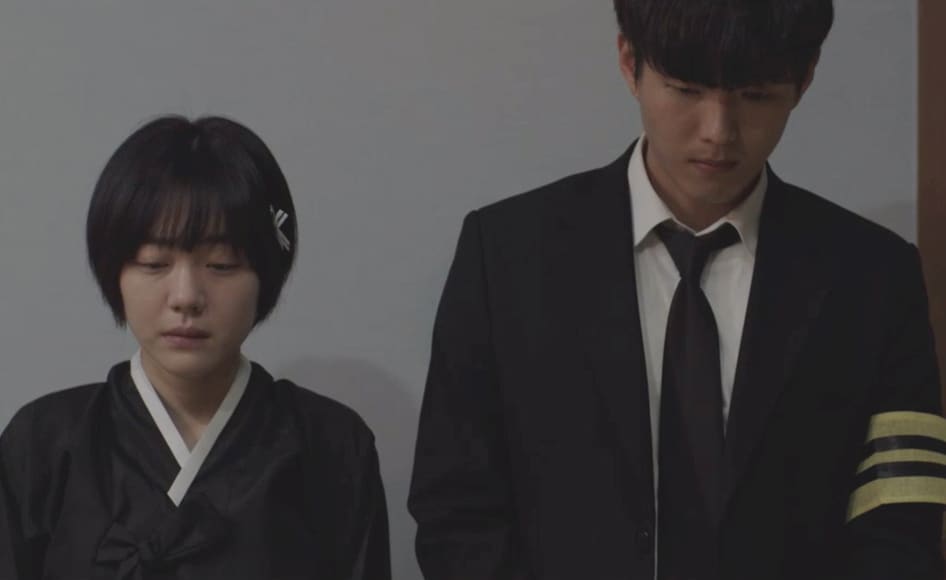
Overall, “Festival” is an exemplar of a small-budget cinema. Instead of ambitiously overshooting his budgetary capacity (as many independent directors are wont to do), Kim Lok-kyoung did a fantastic job working with what was available to him; after all, this feature was only shot in sixteen days and indeed, recruited real villagers for his birthday party extras. His stand-out debut is a surefire mark of his resourcefulness and shows promise as a potential new face in the face of Korean independent cinema. (Grace Han)
13. Paper Flower (Koh Hoon)
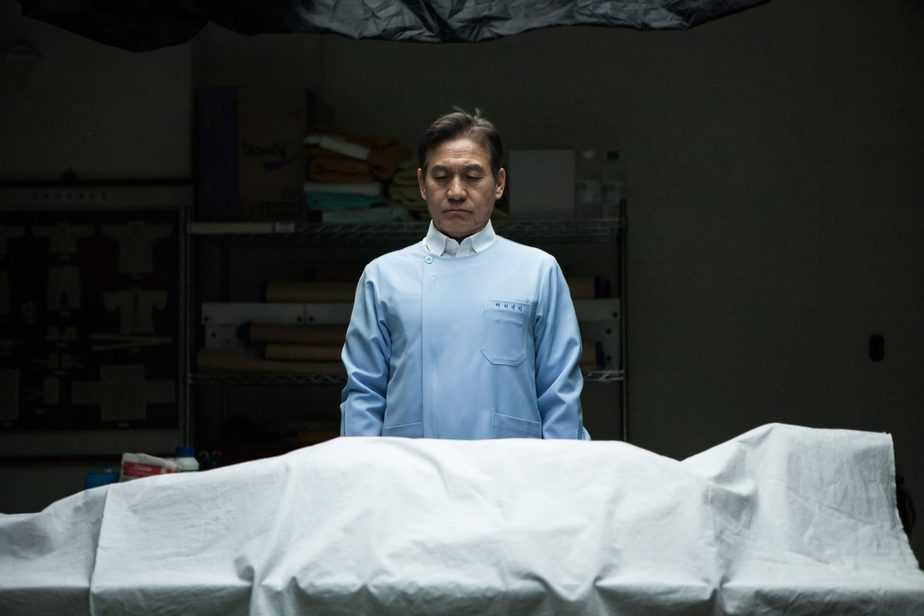
Koh Hoon, like his previous films, wrote the script for “Paper Flower” himself and it is this script that ends up being the film's real star. There is a calm contemplation on mortality and living life the right way until that inevitable happy ending which does not feel preachy in the slightest. Sung-gil and Eun-suk could not be any more different from each other with completely different outlooks to life. Where one has been surrounded by death most of his life and takes a rather nihilistic approach, the other goes through life enjoying the rain or sunshine, no matter what life may throw at her, with a smile on her face. Their relationships with their offsprings also couldn't be further apart. Sung-gil doesn't talk much with his son and tries to save him from himself until the point that he cannot, whereas Eun-suk and No-eul are quite close with each other and take care of each other instead on relying on others. And yet, there's a distinct similarity between two: they are two souls that've gotten the brunt of life and are yet survivors. (Rhythm Zaveri)
12. Voice of Silence (Hong Eui-jeong)
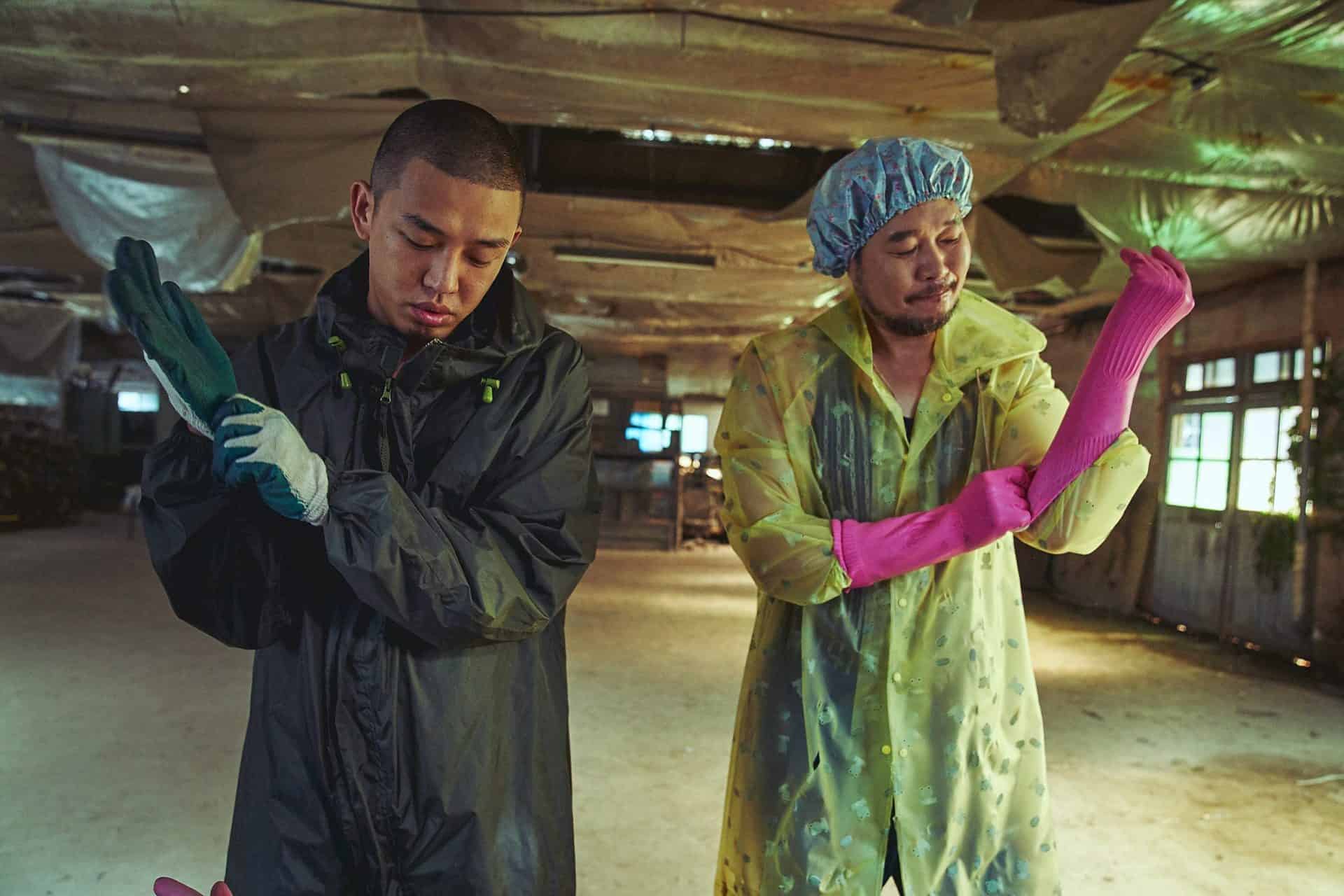
In general, Hong's feature presents some kind of intermediate sphere of society. Given their line of work, the two male protagonists are parts of the edges of society, but also represent the lowest step in the hierarchy of the underworld. Similar to Tae-in's home, a ramshackle hut hidden behind great bushes, their lives are forgotten in the eyes of the world while their most important credo is to remain that way. To try and stay unnoticed and always be thankful are just two of the suggestions Chang-bok tells his younger colleague, which feels more like a code for both of the worlds they are part of in a way. (Rouven Lin)
11. Moonlit Winter (Lim Dae-hyeong)
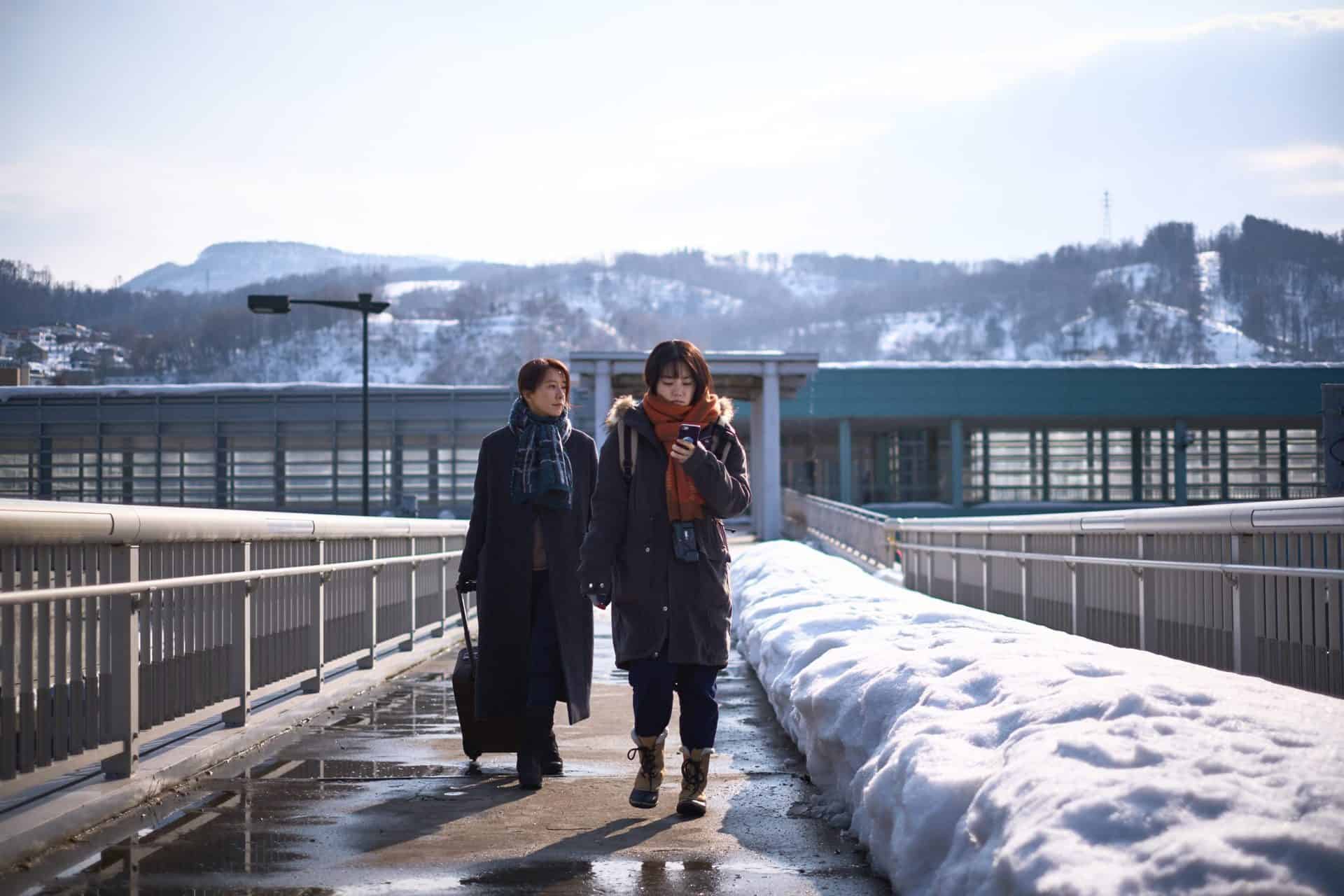
“Moonlit Winter” may be one of the coldest looking films you'll see in recent times, but there is no denying the warm and fuzzy feeling it'll leave you with for days on end. Just as our two leading character come to accept their own feelings, you too shall come to acceptance with the fact that it is, by all accounts, a triumph. Superbly written characters, very real emotions and situations, sure-handed performances and deft direction all ensure that “Moonlit Winter” be essential viewing and is proof, yet again, that the Korean indie cinema is at the moment enjoying the greatest period it possibly ever has. (Rhythm Zaveri)


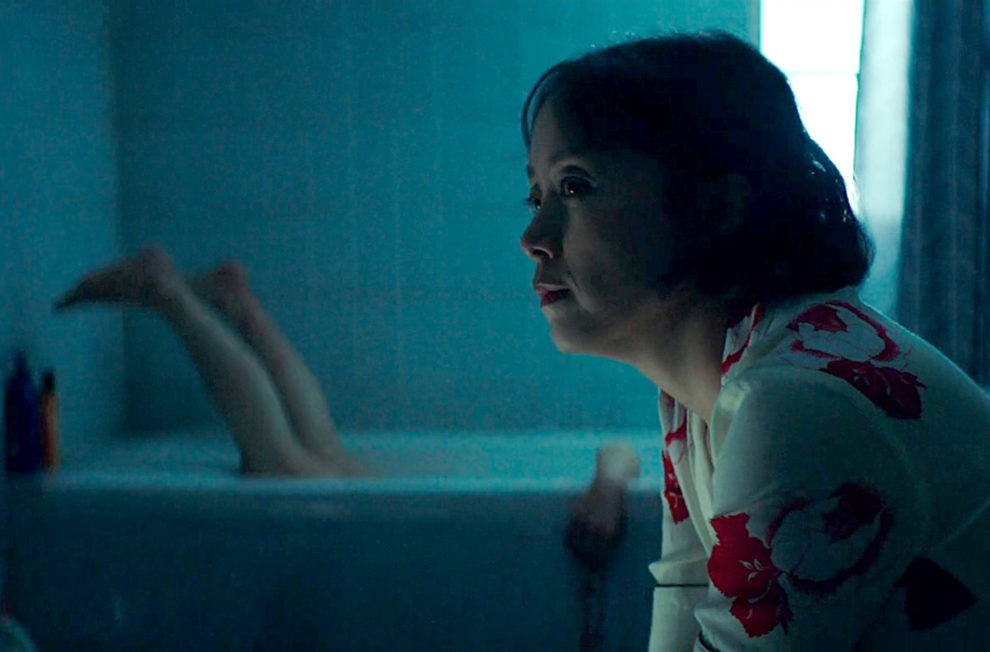

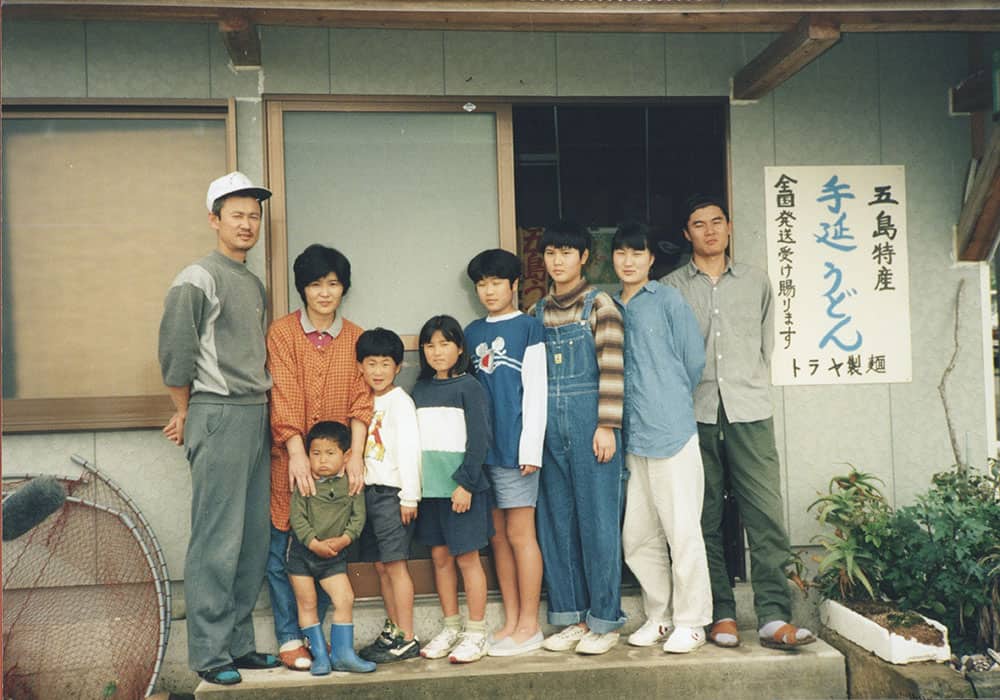


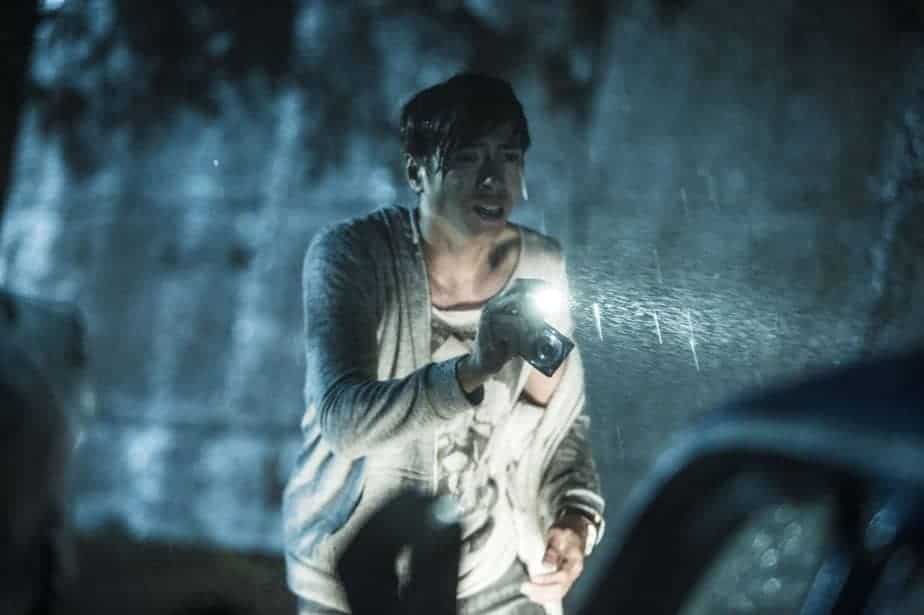
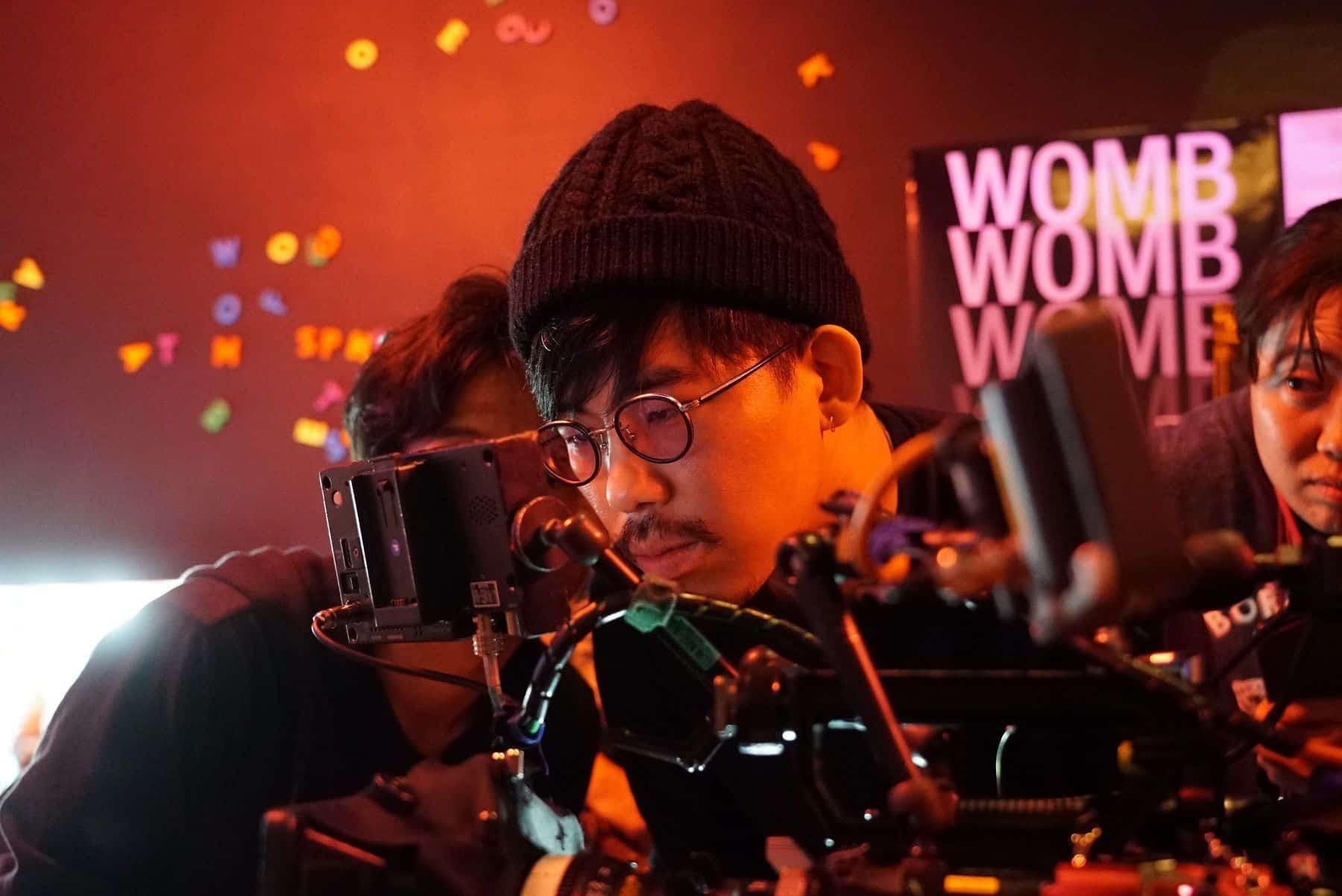








Great list, thanks! I’ll have to check some of these out. Time to Hunt looks pretty intense.
Thank you for saying so, and please let us know what you think when you watch the film